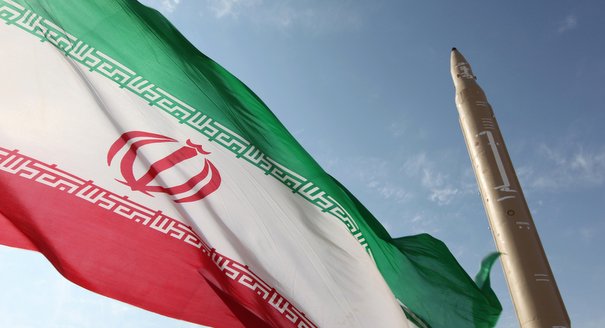The P5+1 (the United States, Russia, Great Britain, France, China, plus Germany) negotiations with Iran on curtailing the country’s nuclear program and ensuring its transparency have entered their final stage. The November 2013 interim agreement, titled the Joint Action Plan, is scheduled to be upgraded to a comprehensive document this July.
Meanwhile, a number of complex questions remain unresolved. One such question is that of mutually acceptable uranium enrichment potential (Iran insists on its right to have 50,000 centrifuges—supposedly for providing fuel to the Bushehr Nuclear Power Plant). There are also issues of permitted limits for low-enriched uranium stockpile, as well as the questions of Iran’s past nuclear activities, its missile program, and other matters. Some influential political forces and institutions inside Iran are still trying to move closer to the “nuclear threshold” by exploiting any differences between the P5+1 members.
The main question that emerges in this context is whether the cooperation between Russia and the West during the Iranian negotiations would continue at the previous levels. What position will Moscow adopt considering that it was subjected to sanctions and unprecedented political pressure, which include closing off many avenues for cooperation by the United States and NATO?
Clearly, reaching a comprehensive agreement would, first and foremost, be seen as a policy success of the United States and its allies and will improve their relations with Tehran. Lifting the sanctions would put Iranian oil and gas on world markets, posing a serious challenge to the sales of Russia’s main export product and the principal source of the country’s budget revenues. Finally, Russia will lose an important trump card in its game of exploiting the differences between the West and Iran on the nuclear issue.
On the other hand, the failure of the negotiations is likely to spark a new war in the Persian Gulf, which would have devastating political, economic and humanitarian effects for the region and the world at large —including Russia. Even now, Russia’s economic interests seriously suffer from the UN, EU and U.S. sanctions against Tehran. In 2013, the Iranian share in Russia’s foreign trade has reached a historic low of 1 percent (approximately 1.6 billion dollars).
Russian-Iranian cooperation on military technology plays a particularly important role for Moscow. Russia’s share in Iranian military imports has reached 60 percent after the 1979 Islamic Revolution. In the 1990’s, Iran became the main recipient of Russian arms exports, alongside China and India. The sanctions against Iran have led to a significant decrease in Russian arms exports to that country.
Reaching a comprehensive agreement and lifting all the sanctions against Iran would create prospects for the rapid development of economic and military-technological cooperation between the two countries. The Russian big business and governmental organizations are making grandiose plans for investments in the Iranian gas fields. Other planned large-scale projects are related to the development of the Iranian atomic energy industry (there are plans for a total of seven more reactors), construction of hydroelectric and thermal power stations, space cooperation, modernization of Iranian railway infrastructure, and increases in arms and technology exports.
For these reasons Moscow will most probably refrain from complicating negotiations on the comprehensive agreement on Iran’s nuclear program, the crisis in relations between Russia and the West notwithstanding. While it is not going to support more stringent demands on Iran, it will attempt to mediate between Iran and the West in resolving the remaining issues at the negotiating table.
For Russia, besides future economic dividends, developing relations with Iran is directed at an important political objective. Moscow sees Iran, after the nuclear deal is reached, and Syria, after the peace is restored there, as the two main pillars of Russian influence in the Middle East. This is considered to be one of the essential conditions for Russia’s resurgence as a global power center.



